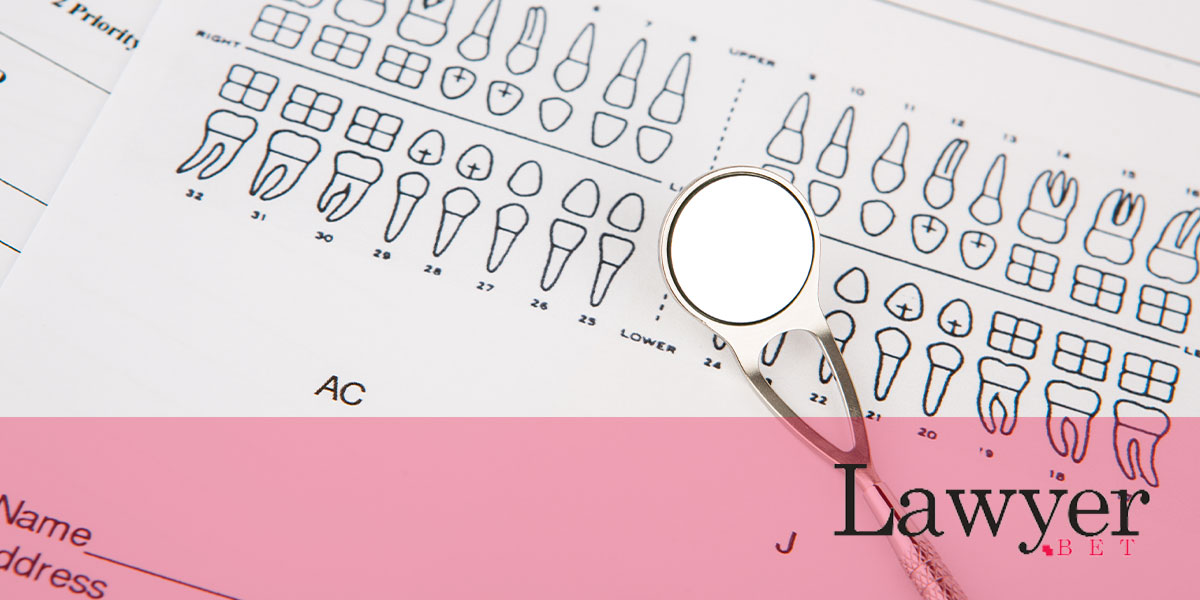Understanding Legal Responsibilities for Dental Practices
In the constantly evolving field of dentistry, it is crucial for dental practices to stay informed about legal obligations. Navigating the intricate realm of legal responsibilities, from adhering to healthcare regulations to safeguarding patient privacy and reducing malpractice risks, is essential for the smooth operation of a dental practice. This comprehensive guide explores the key legal considerations that every dental practice must address to maintain standards and protect both patients and the practice itself.
Compliance with Healthcare Regulations
Compliance with healthcare regulations lies at the core of a dental practice’s legal duties. These regulations are designed to ensure patient safety, quality care, and ethical treatment in all healthcare services, including dentistry.
Licensing and Credentialing Requirements
Ensuring that all dental professionals in a practice hold valid licenses and credentials is fundamental. This includes not only dentists but also dental hygienists, assistants, and other clinical staff involved in patient care. Regular verification and renewal of these credentials are vital to comply with state and federal regulations.
Adhering to OSHA Guidelines
Adherence to Occupational Safety and Health Administration (OSHA) standards is crucial for protecting healthcare workers, including those in dental practices, from workplace hazards. Compliance with OSHA regulations, which encompass areas like bloodborne pathogens, hazard communication, and radiation safety, is essential for maintaining a safe work environment.
Safeguarding Patient Confidentiality
Ensuring patient information remains confidential is not only a matter of privacy but also a legal obligation under laws such as the Health Insurance Portability and Accountability Act (HIPAA). Dental practices must establish robust policies and procedures to protect patient records and uphold confidentiality.
Implementing HIPAA-Compliant Measures
This involves securely handling, storing, and sharing patient health information. Training staff on HIPAA compliance and conducting regular privacy practice audits help prevent unauthorized access or breaches of patient data.
Mitigating Malpractice Risks
Mitigating malpractice risks remains a significant concern in the dental field. Legal claims can arise from allegations of negligence, failure to obtain informed consent, or unsatisfactory outcomes from dental procedures.
Ensuring Informed Consent and Documentation
Obtaining informed consent for all treatments is a legal requirement. This entails clearly explaining procedures, potential risks, and alternative options to patients and documenting their consent to proceed. Comprehensive record-keeping can also be invaluable in defending against legal claims.
Implementing Risk Management Strategies
Implementing risk management strategies, such as regular staff training, adherence to clinical protocols, and effective patient communication, can significantly reduce the likelihood of malpractice claims. Fostering a culture of safety and continuous improvement within the practice is essential.
In Conclusion: Taking a Proactive Legal Approach for Dental Practices
Navigating the legal landscape demands a proactive stance. Dental practices must prioritize compliance, patient confidentiality, and risk management to meet legal requirements and deliver top-notch care. Seeking guidance from legal professionals specializing in healthcare law can provide valuable support in fulfilling these obligations, ensuring the practice’s longevity and success.
Navigating Legal Requirements for Dental Practices
Introduction
Running a successful dental practice involves more than just providing excellent patient care. Dental practitioners must also ensure they comply with various legal requirements to protect their patients, staff, and the business itself. Navigating these legal obligations can be complex, but with the right knowledge and strategies in place, dental practices can operate smoothly and efficiently while staying on the right side of the law.
Understanding Legal Requirements
Legal requirements for dental practices cover a wide range of areas, including:
- Licensing and certification
- Patient privacy and data protection (HIPAA compliance)
- Insurance and billing regulations
- Employee rights and workplace safety
- Infection control and sterilization protocols
Importance of Compliance
Complying with legal requirements is crucial for dental practices to avoid fines, lawsuits, or even closure. By staying up to date with regulations, dental practitioners can protect their reputation, maintain patient trust, and ensure the long-term success of their practice.
Key Strategies for Compliance
Here are some key strategies to help dental practices navigate legal requirements effectively:
- Stay Informed: Keep up to date with changes in laws and regulations that affect dental practices.
- Implement Policies and Procedures: Develop and document policies and procedures that address legal requirements and ensure staff compliance.
- Training and Education: Provide ongoing training and education for staff on legal matters and best practices.
- Regular Audits: Conduct regular audits to identify any areas of non-compliance and take corrective action.
Benefits of Compliance
Complying with legal requirements not only helps dental practices avoid penalties but also offers other benefits, including:
- Enhanced patient trust and loyalty
- Improved staff morale and productivity
- Reduced risk of lawsuits and legal disputes
Case Study
In a recent case, a dental practice was fined $10,000 for HIPAA violations related to patient data breaches. This incident could have been prevented if the practice had implemented proper data security measures and staff training.
Practical Tips
Here are some practical tips for dental practices to ensure compliance with legal requirements:
- Regularly review and update policies and procedures
- Seek legal advice when needed
- Train staff on patient confidentiality and data protection
- Keep accurate records and documentation
| Legal Requirement | Action Required |
|---|---|
| Licensing | Ensure all practitioners have valid licenses |
| HIPAA Compliance | Implement data security measures and staff training |
| Infection Control | Follow strict sterilization protocols |
Conclusion
By understanding and proactively addressing legal requirements, dental practices can operate efficiently and ethically while building a strong reputation in the industry. Compliance is not just about avoiding legal trouble—it’s about providing the best possible care for patients and protecting the integrity of the practice.


